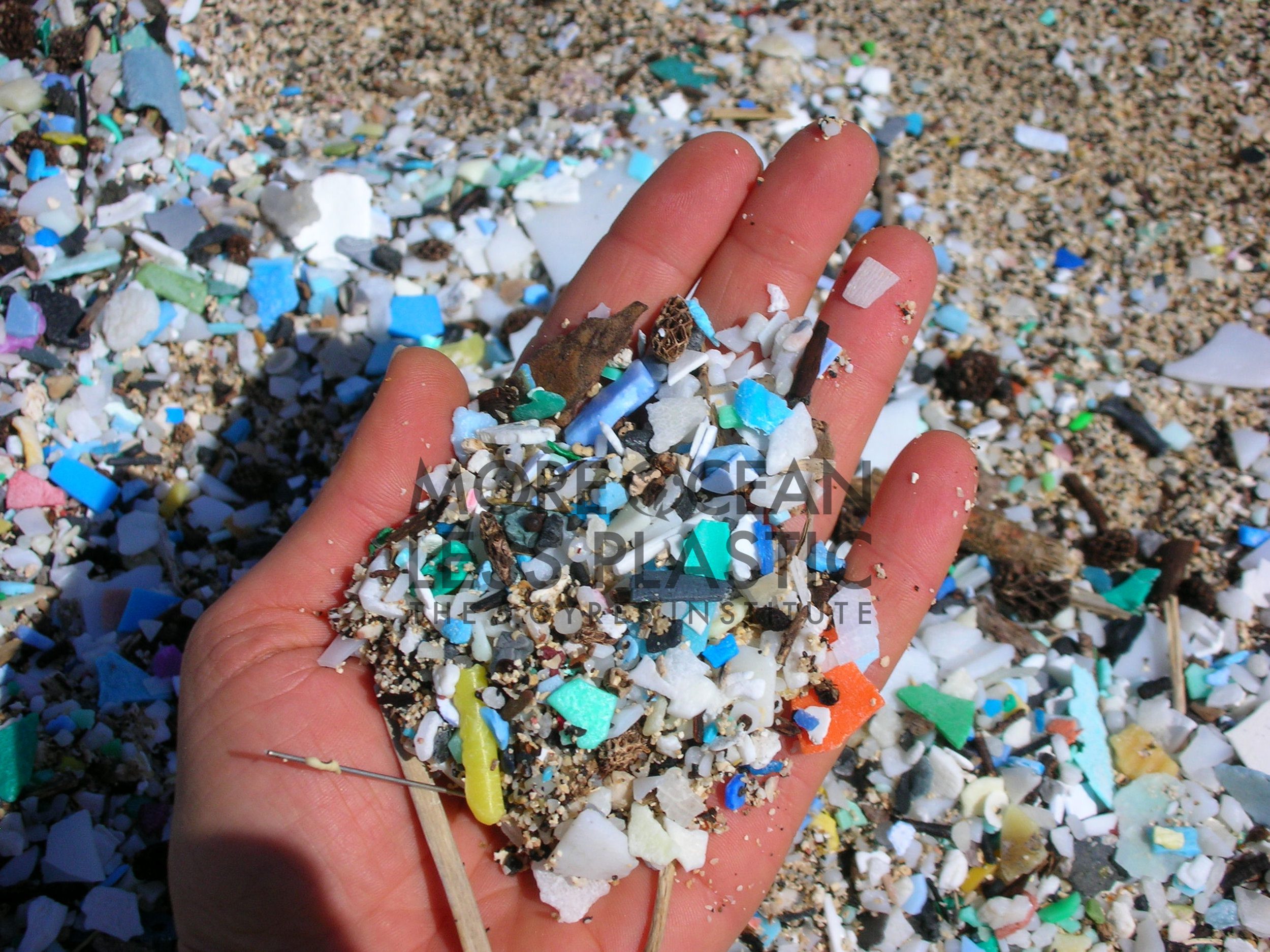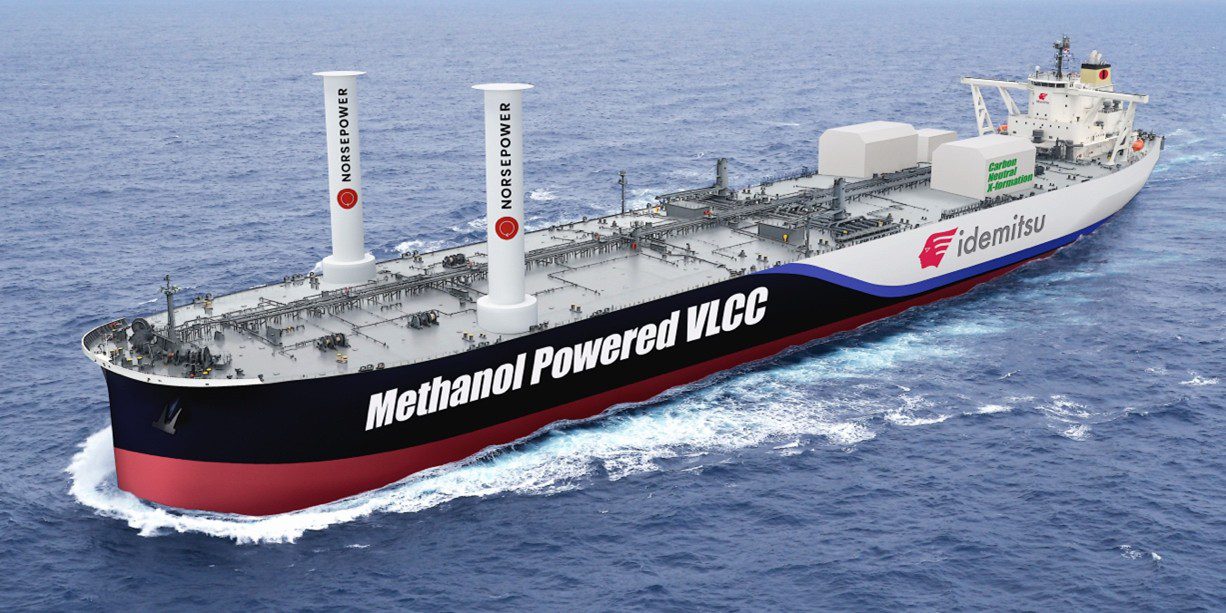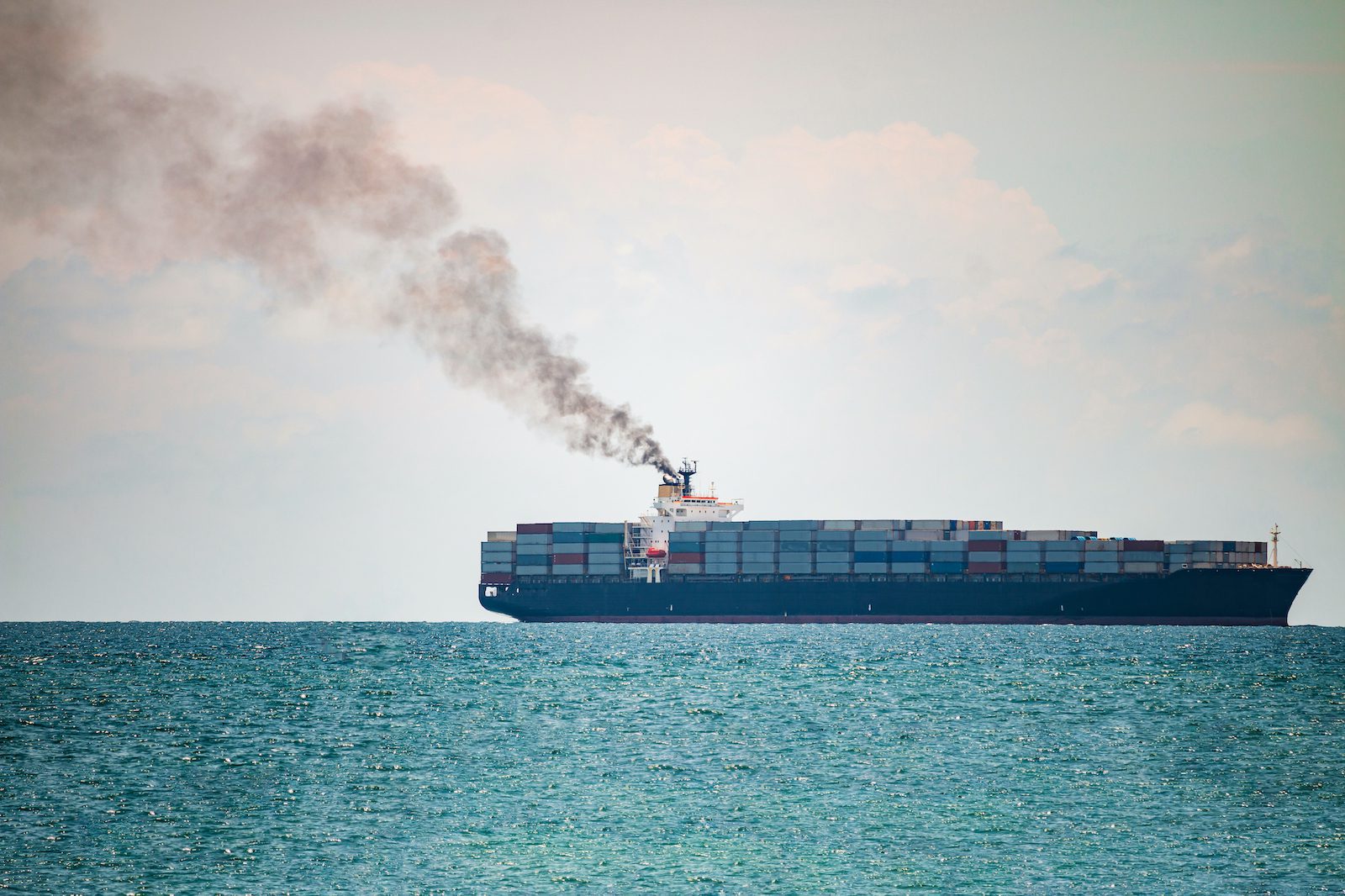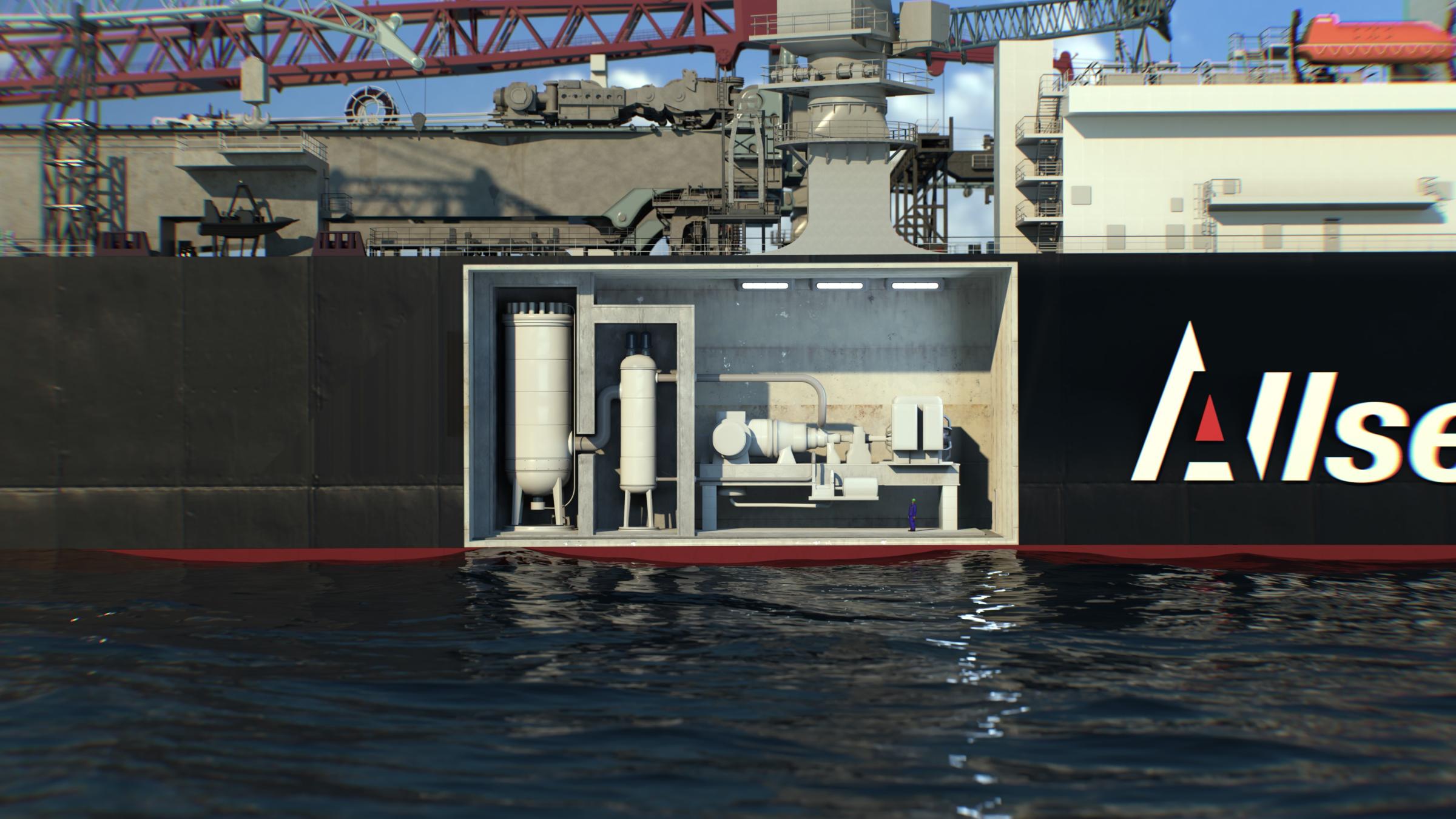By Leslie Kaufman (Bloomberg) —
There are more than 170 trillion — or 2 million tons’ worth — of tiny plastic particles floating on the surface of the ocean, and many of them got there after 2004, according to a paper published Wednesday in the journal PLOS One.
The peer-reviewed paper is by Marcus Eriksen of the 5 Gyres Institute, a California-based nonprofit focused on plastic pollution, and researchers at other organizations and universities. There was a previous attempt to estimate the amount of plastic afloat on ocean currents back in 2014. The updated paper relies on data from a greatly expanded set of samples, nearly 12,000, from oceans across the globe.
For this study, samples were collected by dragging a net with exceptionally fine mesh for several kilometers across the ocean surface to determine an average amount of particles per kilometer of water. Then a computer model analyzed how plastic concentrates as it leaves rivers, coastlines and shipping lanes. From this the researchers extrapolated to an estimate of items for the global ocean. They then tested their model against real-world concentrations.
Taken between 1979 and 2019, the samples reveal a rapid and unprecedented increase in ocean plastics since 2005.
Eriksen says this was driven by several factors: a dramatic increase in overall plastic production, more microplastics (the result of older plastics breaking down over time) and a lack of international laws that deal with marine pollution.
“The system is being overwhelmed by all this pollution,” he said. “We need preventative strategies and not just to focus on cleanup and recycling. We need to find replacements for single use [plastic] because recycling just doesn’t work.”
The ocean supplies half the planet’s oxygen, absorbs more than a third of carbon dioxide emissions from the burning of fossil fuels and feeds billions of people. But it is in trouble from overfishing, plastic dumping and acidification.
The report comes just days after negotiators agreed on wording of a landmark United Nations treaty with the aim of conserving 30% of the ocean. That agreement would create preserves where fishing would be banned and exploitative activities like mining would be limited.
However, it would not stop marine plastic pollution, which is largely caused by runoff from the world’s land masses. Nations have agreed to come up with a framework for a global plastic treaty but no agreement has been reached. The second round of UN negotiations on plastic will take place this spring.
Meanwhile, most countries lag even in building the infrastructure that would prevent plastic trash from leaking into the environment. Last week the European Investment Bank released a study finding a €6.7 billion ($7.6 billion) gap in funding going toward the type of sorting and recycling infrastructure that Europe needs to meet its goal of greatly increasing the recycled content in plastic products by 2025.
© 2023 Bloomberg L.P.

 Join The Club
Join The Club











